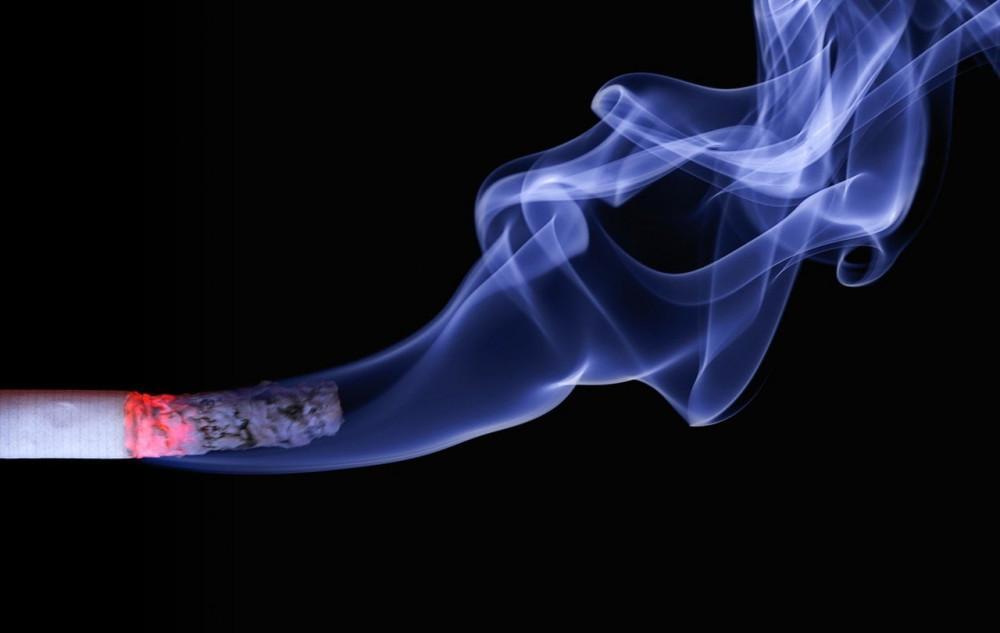
Is Smoking Linked to Chronic Back Pain?

Did you know there are many studies that link smoking to chronic lower back pain? In fact, according to a study by Northwestern University, smokers are much more likely to develop chronic back pain than non-smokers. Additionally, another study found the prevalence of chronic lower back pain was 23.3% in daily smokers compared to 15.7% in people who do not smoke.
Not only does smoking increase your risk of back pain, but this effect is dose dependent. People who smoke occasionally have a lower risk than daily smokers. Therefore, quitting or even modifying your smoking habits can be an important part of your pain management plan.
How are Smoking and Back Pain Linked?
Smoking Affects Areas of the Brain that Impair Pain Resiliency
The Northwestern University study mentioned earlier found that smoking affects two brain regions that reduce our resilience to chronic back pain. These two regions include the nucleus accumbens and the medial prefrontal cortex, and they are involved with motivated learning and addiction. Not only that, but these two regions play a role in the development of chronic pain. In fact, when these two regions have more activity and connections between them, the less resilient a person is to pain.
The Northwestern University researchers found that smoking increases the connections and activity between these two parts of the brain - thus, making smokers more prone to chronic pain. However, if a smoker were to quit, there is a reduced connection between these two brain regions. Therefore, smoking cessation programs can help with managing lower back pain.
Smoking Physically Damages the Body
Not only is the brain affected by smoking, but smoking is very damaging to the rest of the body. This resulting damage can cause pain. For example, smoking cigarettes impairs our body’s ability to carry oxygen and nutrient-rich blood to our organs, bones, skin, and muscles. This mean that smoking can accelerate degenerative disc disease.
Degenerative disc disease is a syndrome where the spinal discs deteriorate over time. This occurs as we age and as our spines experience everyday wear and tear. However, smoking can speed up this process. Without a good supply of oxygen and nutrients, the discs deteriorate even more and have trouble repairing themselves.
Degenerative disc disease can lead to chronic back and neck pain as well as other painful conditions like osteoarthritis, spinal stenosis, and herniated discs.
Seeking Help from a Back Pain Doctor
If you experience chronic back pain and are a smoker, consider visiting a back pain doctor. These specialists can help you find the right therapies and treatments to reduce and manage your pain. Also, they can help with smoking cessation, which will help your pain.
Our Las Vegas back pain doctors at Apex Medical Center are ready to help you find the relief you need. Call us today for more information or to book an appointment. We have 3 convenient locations located throughout the Las Vegas and Henderson area.
You Might Also Enjoy...


Can You Have High Blood Pressure Without Symptoms?

When Do Migraines Become a Chronic Condition?

How To Tell the Difference Between Ordinary Worry and an Anxiety Disorder

3 Signs You Need Help with Neck Pain

